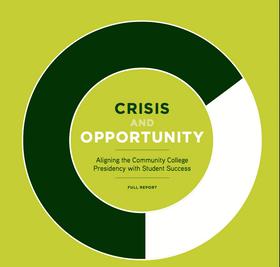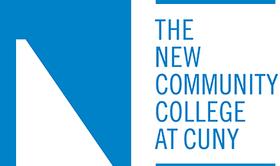Student loan debt statistics continue to shock. Just two years ago, America's average student loan debt was estimated at about $27,000. A recent study from Fidelity Investments reveals that 70 percent of students who graduated college in 2013 borrowed money from various federal, state, and private sources to help pay for their education. They left school with an average debt of $35,200, a 35 percent increase.
The Fidelity study also found that 50 percent of those 2013 graduates who had taken out student loans expressed surprise by how much debt they had accumulated. That's another shocking statistic demonstrating how difficult it is for many college-age students to visualize their lives when the borrowing phase of their student loans is over and the dreaded repayment phase begins. And that's not a good place to be.
The bottom line is that student loans are not optional arrangements between you and your lenders. They have to be repaid. They cannot be ignored or put off, and federal law stipulates that they cannot even be discharged via bankruptcy. If you default on your student loans, you can have your tax refunds intercepted, a portion of your wages garnished, judgments or lawsuits issued against you, or collection fees added to your loan balances – not to mention harassing calls and tactics from aggressive creditors.
That's why it's critical that if you are a student loan borrower, you learn how to manage your loans and create a budget to make your mandatory repayments as affordable as possible.
First, you must understand the types of loans you have – federal, private, or a combination - and who currently holds them. Federal loans are often resold in the secondary market, and their terms can frequently be renegotiated. The original lender usually holds private loans; they generally have higher interest rates and less compatible terms. You need to constantly communicate with your lenders – especially if you are having trouble making payments.
You also need to understand the difference between subsidized federal loans, where the government pays the interest while you are in school, and unsubsidized loans, where interest accrues from the moment they are granted. In other words, you need to know precisely what you owe, to whom, and what you will be charged monthly.
Then, you have to get down to basics and do the math. That means you need to balance your monthly repayment obligations against your monthly income. For example, let's say you borrowed $20,000 at an interest rate of 6.8 percent. Under a normal 10-year repayment plan, you would owe $230 per month. Can you afford that amount in relation to your salary or whatever other sources of income you rely upon while also paying for all your other expenses?
If you can't, you have two options: you can try to increase your income so that, as many experts suggest, you can afford to devote 8 to 10 percent of your monthly gross income to repaying your student loans, or you can begin shaving some of your discretionary expenses, such as entertainment, travel, or any unnecessary purchases.
Another way to budget for affordability is to take advantage of one of the federal government's repayment strategies designed to help borrowers manage their repayment obligations. These include Graduated Repayment, Extended Repayment, Income-Based Repayment (IBR), Income-Sensitive Repayment (ISR), Income-Contingent Repayment (ICR), and Pay As You Earn.
Finally, you can consolidate your student loans (both federal and private, although not together). While this strategy ultimately increases the interest you will pay because it stretches out the loan term, consolidation will lower your monthly payments and, therefore, be more affordable.
Questions? Contact us on Facebook. @communitycollegereview
























































































